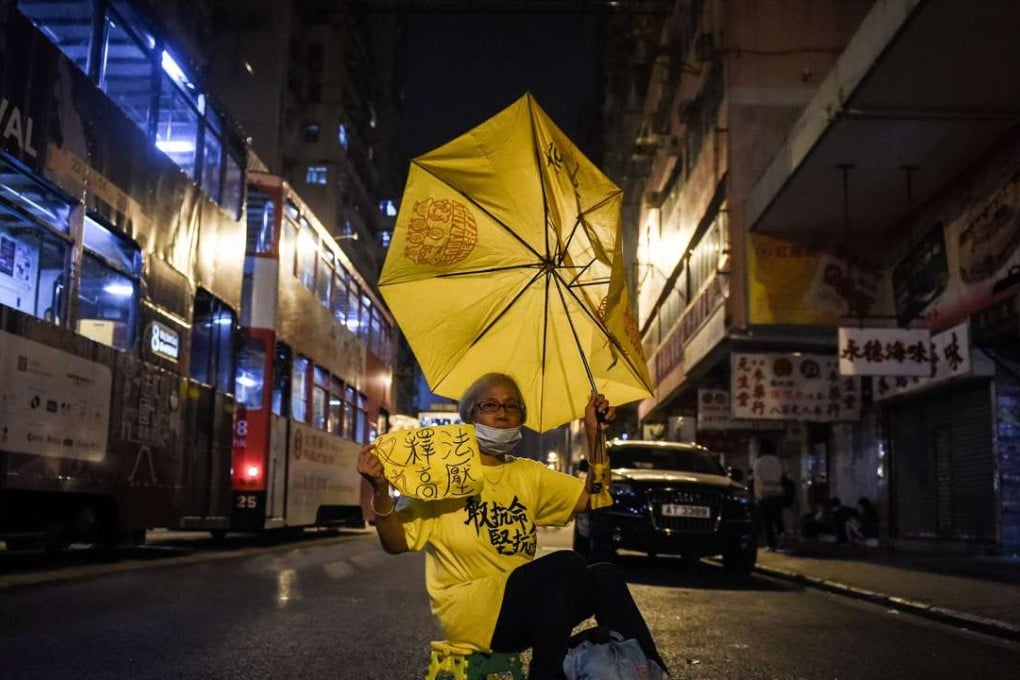Hong Kong umbrellas, Chinese Maoism, Trump, Duterte and Brexit: what’s the link?
Why the global order is becoming ever more uncertain

The 21st century global order is becoming more uncertain. Events are unfolding at an accelerating pace and with greater unpredictability, underscoring the role of chance and contingency in international affairs. Chance in international relations is not a matter of statistical probability: of odds that are calculable. International affairs are conducted by sentient beings who observe, think and respond so that our every effort to act or comprehend alters what we seek to comprehend and every thought and action begets an ever shifting kaleidoscope of possibilities.
History, as Winston Churchill is reported to have observed, is just one damned thing after another. It is a delusion to believe that events have any particular direction or purpose. Contingencies are, however, not entirely open-ended. In international affairs, the possibilities are bounded by parameters imposed by the structure of international system. The stronger and clearer the structure, the narrower the range of possibilities.

We live in an age when long established parameters are shifting, creating greater than usual uncertainty. There are two dimensions to this.
First, for the last two hundred years or so, this has been a Western defined world. First Europe and subsequently the United States and the Soviet Union – communism too is a Western ideology – established the concepts, institutions and processes of international relations. For two centuries, the challenge confronting the non-Western world was how to adapt to a Western defined modernity. Modernity itself is a Western concept. It is still the challenge facing most of Asia, Africa and Latin America.

Only a handful of countries have met the challenge. Post-Maoist China is the most important example. Ironically, the very success of these countries is now transforming the system to which they successfully adapted. This poses new challenges to all of us, perhaps particularly in East Asia. A global transition of power and ideas is now underway. But transition to what no one can say.
